On January 16, 2001, Laurent-Désiré Kabila, the President of the Democratic Republic of the Congo (DRC), was assassinated in his office at the Palais de Marbre in Kinshasa.
Initially, the Congolese government, led by individuals close to Kabila, did not announce his death.
Instead, they propagated a cover story claiming that Kabila was alive and being flown to Zimbabwe for medical treatment. However, Health Minister Leonard Mashako Mamba, who was present in a nearby office, later confirmed that Kabila was likely dead at the scene, stating that there was blood and a gun visible in the office.
In response to Kabila’s assassination, eleven Lebanese nationals were allegedly executed on the evening of the incident. These individuals were considered by DRC authorities to be involved in the assassination plot, with suspicions surrounding a Lebanese diamond dealer’s role in organising the logistics of the event.
In the aftermath, Kinshasa was placed under tight security, with military and police forces deployed to maintain order.
DRC President Laurent Kabila Assassinated
DRC state media avoided reporting Kabila’s death initially, which contributed to public confusion and fueled speculation.
Although rumours about Kabila’s death circulated, official confirmation did not come until January 18, 2001, when the government announced that Kabila had died, claiming he succumbed to his injuries in Zimbabwe.
Behind closed doors, Kabila’s allies, including military and political figures, kicked off succession discussions to ensure a swift transition. Joseph Kabila, Laurent’s son, was likely considered to succeed his father by key figures in the government due to his status as a military officer and a member of the Kabila family.
Joseph Kabila officially took over the presidency ten days after his father’s assassination. He was inaugurated as the President of the Democratic Republic of the Congo on January 26, 2001, at the age of 29. Following Joseph Kabila’s accession to power, investigations into Laurent-Désiré Kabila’s assassination began.
Also Read: Today in History: Kenyatta’s Government Arrests Ngugi wa Thiong’o, Detains Him Without Trial
The investigation started shortly after the assassination and targeted a wide range of suspects, including military personnel, civilians, and even children.
Colonel Eddy Kapend, a close aide to Laurent Kabila, claimed during a military trial that Kabila was shot by one of his bodyguards, Rashidi Mizele (also known as Rashidi Kasereka), an 18-year-old former child soldier.
Kapend stated that Rashidi approached the President and shot him four times in the abdomen. He reported that he heard gunshots while in the President’s office and rushed to Kabila’s aid, subsequently killing Rashidi, whom he identified as the shooter.
However, Kapend was accused of being part of a wider conspiracy to assassinate Kabila and seize power. During the controversial military trial, he consistently denied involvement in Kabila’s death or orchestrating the assassination, maintaining that he was the first to respond to the shooting.
Kabila’s Aide Denies Plotting to Kill Him
Colonel Eddy Kapend, along with others such as Georges Leta and Nono Lutula, was charged and convicted for the assassination of President Laurent-Désiré Kabila in 2001. The trial, conducted by a military court, lasted nine months and concluded in January 2003 with death sentences for Kapend and over two dozen others; however, none of the death sentences were carried out.
In June 2020, President Félix Tshisekedi changed their death sentences to life imprisonment.
On December 31, 2020, he granted a pardon, saying it was for “humanity, pardon, justice, and national reconciliation.” Because of this, 22 surviving prisoners, including Kapend, were released from Makala prison in Kinshasa on January 8, 2021.
Also Read: Today in History: Artur Brothers Deported from Kenya Three Months After Raiding Standard Group
Following Laurent-Désiré Kabila’s assassination, many people speculated that Rwanda and Uganda might be involved. This speculation arose because Kabila had cut ties with both countries, which had helped him take power in 1997.
Some believed that Rwanda and Uganda wanted to replace Kabila with a leader who would be more aligned with their interests, especially during the ongoing Second Congo War.
However, there was no clear evidence linking Rwanda or Uganda to the assassination, and both countries denied being involved. The official story is that Kabila was killed by one of his own bodyguards, but doubts and suspicions continued in Congolese politics.
Follow our WhatsApp Channel and X Account for real-time news updates.


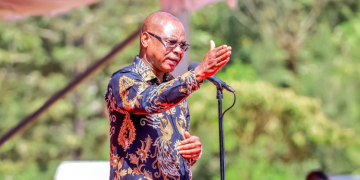

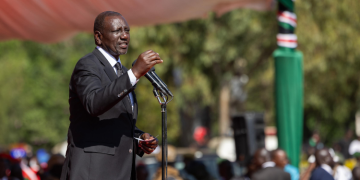
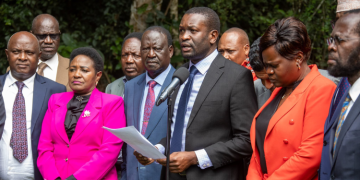
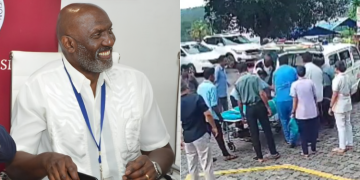
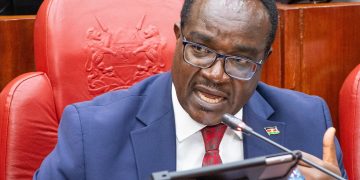
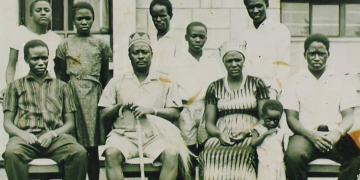
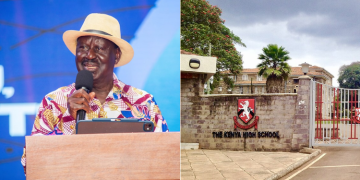
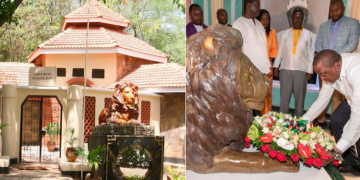






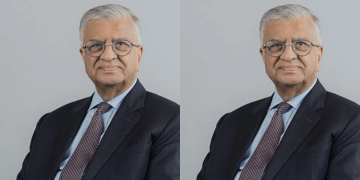
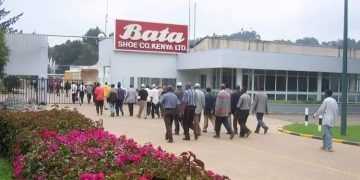
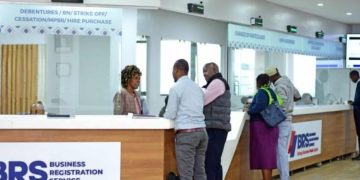
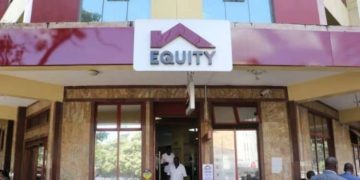


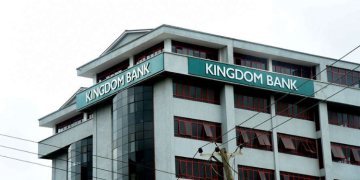
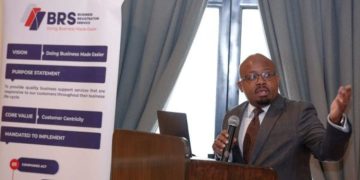
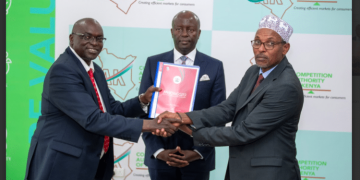

















































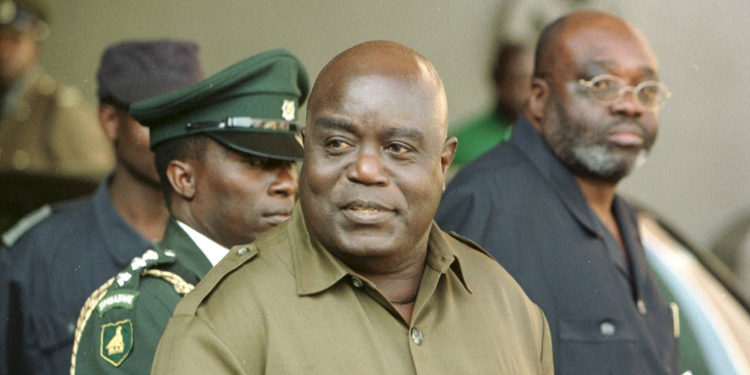

![Kipruto Arap Kirwa'S Recalls His Interactions With Raila Odinga In Kibaki'S Cabinet [Video] Kirwa Has Defended Mwangaza Saying He Can Vote For Her.](https://thekenyatimescdn-ese7d3e7ghdnbfa9.z01.azurefd.net/prodimages/uploads/2023/10/Former-UDA-Vice-Chairman-Kipruto-Arap-Kirwa.jpg)

